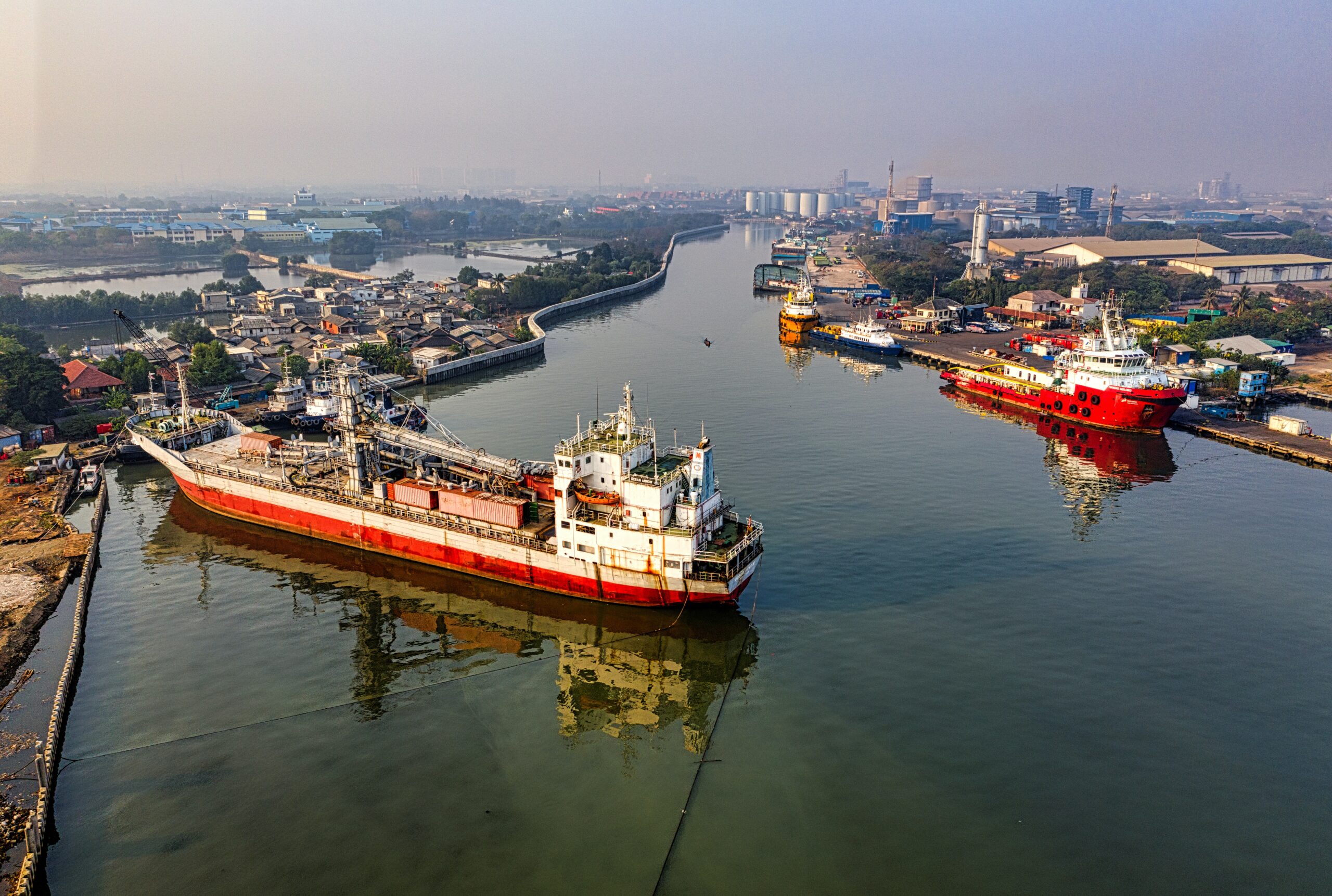The CEO of container shipping giant MSC highlighted the importance of working together to achieve net decarbonization in a digital keynote speech at DNV’s ‘Fuel of the Future Conference’ on January 11, as part of the annual Nor-Shipping convention.
In his speech, Soren Toft explained MSC’s views on the status of decarbonization in the container shipping sector, summarized how the company is approaching this challenge and commented on how everyone must move forward together in collaboration to tackle climate change.
As shipping volumes have grown over the years, so have the environmental emissions produced as a by-product of delivering goods around the world. Container lines such as MSC must continue to do their part to help mitigate the impact of climate change while continuing to operate responsibly in meeting the ever-increasing demand for global trade, Toft said, “It is critical that our priority this year is not only to respond to the huge demand we are experiencing in the very complex, congested markets that emerged amid COVID, but also to ensure that we do not decouple this from our efforts to decarbonize.”
Toft said collaboration is key to achieving the decarbonization goals set out by the shipping industry, and noted MSC already fosters industry-wide, as well as cross-sector collaboration to enable the massive required investments. While the company continues to invest in low-carbon technologies and explore different fuel options, carriers in general continue to struggle from a lack of solutions available at scale, the CEO said.
With the total cost of decarbonizing shipping estimated into the trillions of dollars, carriers must make expensive capital decisions that will live on for decades. Urgent investment and a better understanding of how business and society will share the cost burden is also required, Toft said.
Soft emphasized that “the transition to a low-carbon economy requires broad collective action and productive partnerships with our stakeholders across and beyond shipping.”
“By cooperating and collaborating with others, we will capitalize and build on the interdependencies between ocean-going and inland logistics as well as other sectors providing fuels, distribution systems and infrastructure,” he concluded.
Source: www.marinelink.com
Image: www.pixabay.com



